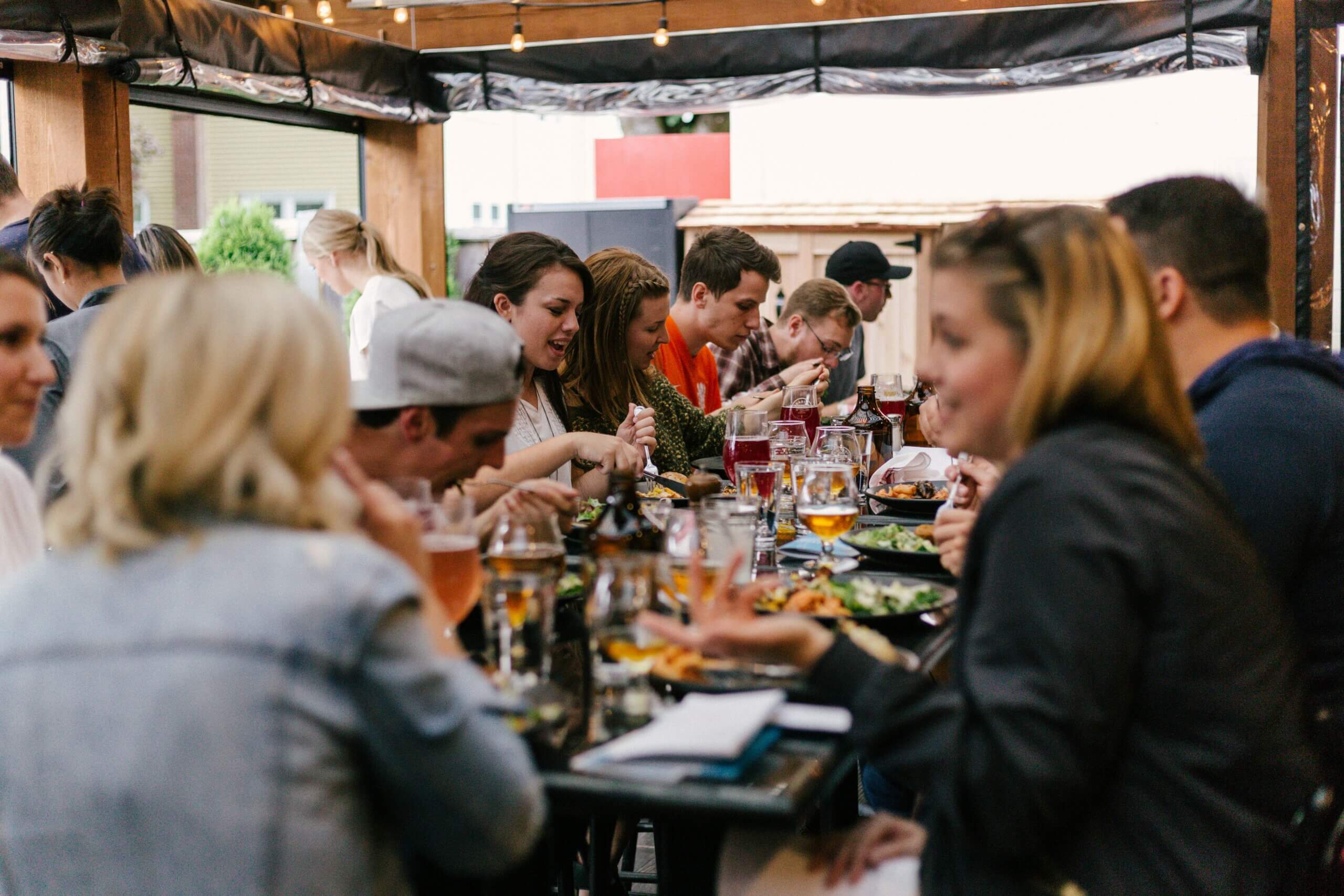Events are more than logistics. Beyond the badges, breakout rooms and branded tote bags lies something deeper, a human need for connection, meaning, and shared experience. At the heart of every successful event is a culture that resonates and a community that thrives.
Here’s why culture and community should be your starting point, not your afterthought.
Whether it’s a 10,000-person exhibition or a curated roundtable for twenty, people attend events to feel part of something. Community provides emotional resonance. It turns attendees into advocates and makes the experience memorable long after the lanyards come off. An event that reflects its audience’s values, interests and identity is far more likely to succeed. Culture sets the tone not just through speakers and themes, but through food, music, rituals and design choices that make people feel seen and included.
If people feel a genuine sense of connection to the content, the atmosphere, and the people around them, they come back. Community builds loyalty. Culture builds expectation. Together, they create a reason to return.
People don’t share perfect logistics, they share stories. They talk about how an event made them feel, who they met, what they learned, and how it challenged or inspired them. Additionally, a clearly defined event culture helps like-minded partners find you. Whether it’s a commitment to sustainability, DEI, innovation, or creative freedom, showcasing your values and community can attract the right speakers, sponsors and collaborators.
The most successful events today aren’t one-offs, they’re the tentpoles of an ongoing dialogue. A strong community enables meaningful content throughout the year: meet ups, podcasts, newsletters, digital forums. It’s not just what happens at the event, it’s what grows around it.
In a world of rising expectations and shifting attendee behaviour, culture and community are durable assets. Platforms change. Budgets shift. But a community that trusts your brand and identifies with your values is a resilient, long-term investment.
Culture and community aren’t soft concepts, they’re strategic tools. If you want your event to spark something real, build from the inside out. People don’t just want to attend events. They want to belong to something bigger.















